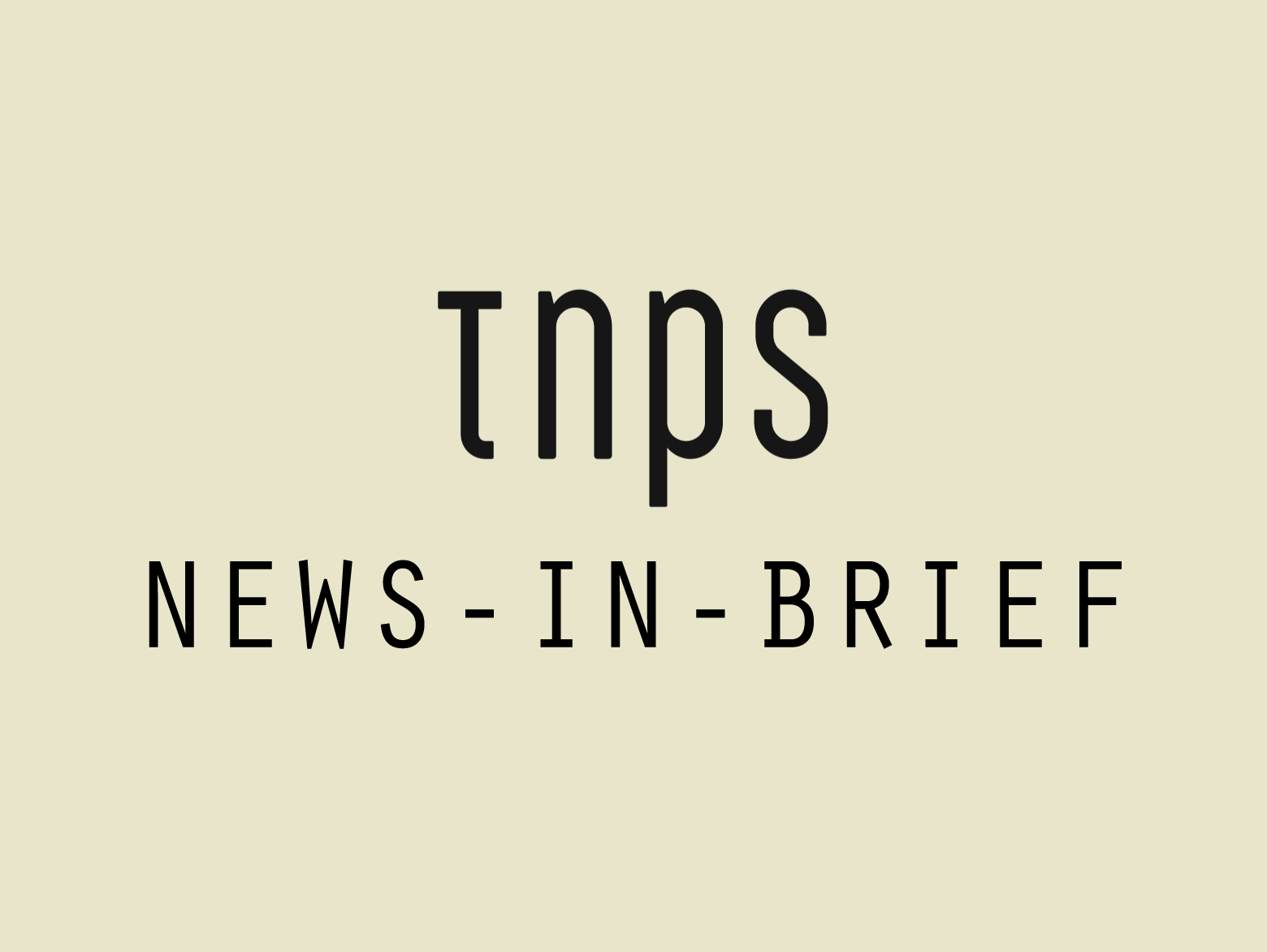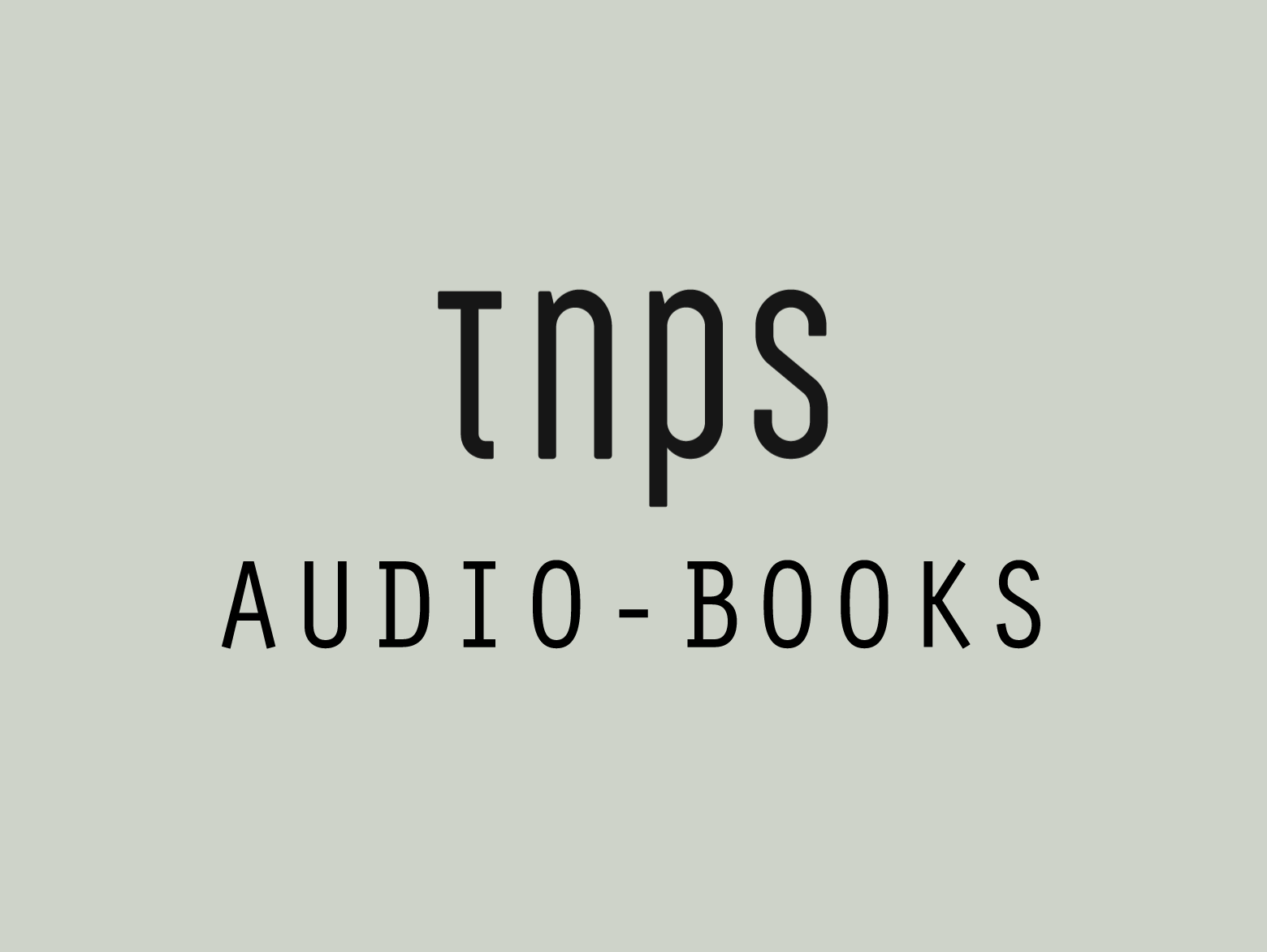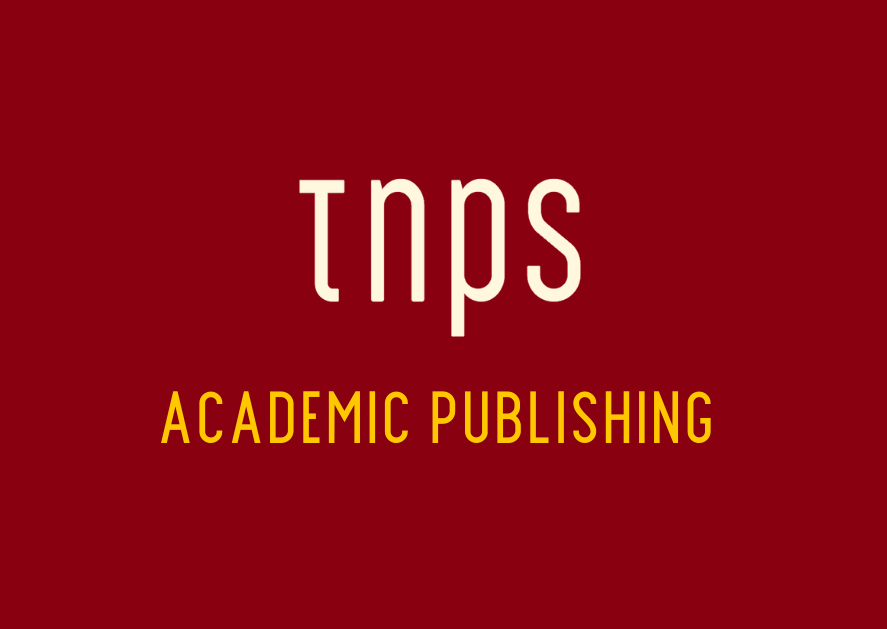
On Facebook Live today an improbable partnership between the world’s biggest trade publisher and the publisher of the world’s smallest stories comes to fruition with the launch of a book of 250 stories, each less than 140 characters long.
“The book features curated favourites from the TTT community and brand new tales as well as exclusive entries by Penguin’s bestselling authors,” Penguin India said in a statement.
The TTT community?
That will be the micro-fiction site Terribly Tiny Tales, founded way back in 2013 by Anuj Gosalia
Frustrated by the tendency on social media of users to post lots of small items that said little, Gosalia explained “Terribly Tiny Tales borrowed from the brevity of Twitter, the impact of flash fiction and the social web’s opportunity to easily collaborate,” adding “the packaging of the tale into an image made it visually attractive and easy to consume.”
TTT started as a Facebook page with a team of 12, led by Gosalia, which quickly became a website, twitter feed and Instagram presence. Chintan Ruparel came on board in 2014 and the whole thing expanded rapidly from there. Terrible Tiny Tales is now widely regarded as the world’s largest micro-fiction site.
Micro-fiction has come a long way since, or so legend has it, Ernest Hemingway won a bet that he could not write a story in six words.
For sale.
Baby shoes.
Never worn.
Or maybe it hasn’t come so very far. This one from TTT’s twitter feed today:
He stayed up all night in the hospital room.
She’d been a parent for nine months.
This was his first day.
TTT also does video. Check out Terrible Tiny Talkies, with five minute video substituting for the 140 character fiction.
If the micro-fiction movement in India was pioneered by TTT, there have been many copycat sites since – Scribbled Stories, The Anonymous Writer and Tales Xpress, for example. As The Hindu described things back in 2013, “Amid the social media clutter of memes and long-form, professional journalism, these short stories were discussing relatable and urban issues such as challenges faced by the LGBT community, and the feminist movement in India.”
TTT opened up further to encompass the growing interest in micro-fiction, extending the limit to 2,000 characters and allowing submissions from over the world, but all curated for quality.
Not that everyone agrees the quality has been maintained.
Inevitably Terrible Tiny Tales was parodied, with sites like Terribly Tatty Tales having fun at TTT’s expense.
‘You can’t marry him,’ said caste;
‘It’s forbidden,’ said religion;
‘He’s already married,’ said his wife.
The Hindustan Times talked of “the potential of micro fiction to create a dialogue around socio-political issues,” quoting the founder of another TTT parody site, Terribly Terrible Tales, as saying “with shrinking attention spans, this is the time for snappy content. Even news is now consumed in 60 words. And powerful stories have always been successful in mobilising masses to take a stand. All we need now are responsible gatekeepers, who will weed out the substandard content.”
Well, TTT certainly has some snappy content, and these short stories in book form courtesy of Penguin India will introduce a whole new audience to the quirky delights of micro-fiction.




